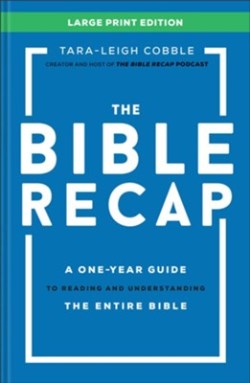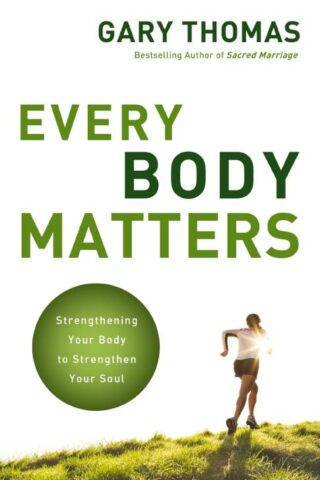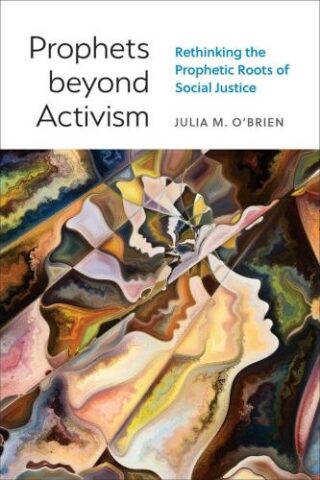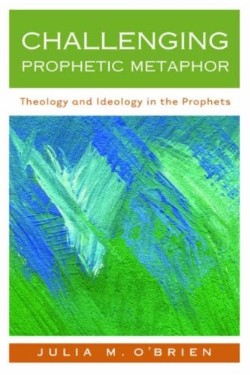Julia O'Brien
Showing all 2 resultsSorted by latest
-
Prophets Beyond Activism
$30.00Prophets beyond Activism insightfully challenges the common progressive narrative that the prophets of ancient Israel were primarily concerned with social justice. Instead it daringly offers more life-giving ways of engaging the prophetic books for the causes of justice.
The assumption that the prophets of ancient Israel were primarily concerned with social justice so permeates the thinking and the discourse of progressive Christianity that it might be considered an interpretive orthodoxy. For example, progressives characterize prophets as those who speak truth to power and “prophetic preaching” as social critique. Yet, they often do so without explanation or consideration of alternative views.
In this volume, Julia O’Brien challenges the notion that the prophets were solely concerned with the same issues as contemporary social justice movements. Reading prophetic texts with an eye to their historical dimensions-when they were written, how they were edited-complicates any definitive statement about the role of prophets in the past. Reading alongside readers from diverse racial, gender, and other social locations in the present raises hard questions about whose justice these books actually promote. Despite its self-presentation as a scholarly and scientific viewpoint, the “prophets as social activists” orthodoxy was constructed in a particular time and place and in its usage today perpetuates many of the problematic ideologies of its origins. In response to these concerns, O’Brien offers alternative readings of the prophets for the sake of justice. Chapters explore the value of Amos and Micah for contemporary economic ethics; the dynamics of inclusivity and exclusivity in Isaiah; opportunities for reading Jeremiah as the voice of a community rather than a solitary figure; and the limits of Second Isaiah’s creation theology for addressing the climate crisis.
This is a wide-ranging volume, interweaving careful readings of biblical texts within their literary and historical contexts, the history of prophetic interpretation, and attentiveness to feminist, womanist, and postcolonial voices, including engagement with contemporary thought such as trauma theory and intersectional analysis of the climate crisis. Prophets beyond Activism calls readers to a more honest and humbler activism, speaking in their own voices about the demands and possibilities of justice.
Add to cartin stock within 3-5 days of online purchase
-
Challenging Prophetic Metaphor
$38.00The prophets of the Old Testament use a wide variety of metaphors to describe God and to portray how to understand people in relation to God. Some of these metaphors are familiar and soothing; others are unfamiliar and confusing. Still others portray God in ways that are difficult and uncomfortableGod as abusive husband, for instance, or as neglectful father. Julia OBrien searches the prophetic books for these metaphors, looking for ways that the different images intersect and build off each other. When confronted with disturbing metaphors, she deals with them unflinchingly, providing a sharp critique and evaluation of the interpretations of these metaphors for God. Giving particular attention to the possible uses of these metaphors in the church todayfor good or illOBrien listens to the fullness of the prophetic messages and points us toward new ways to read these theological metaphors for a just faith today.
Add to cartin stock within 3-5 days of online purchase







